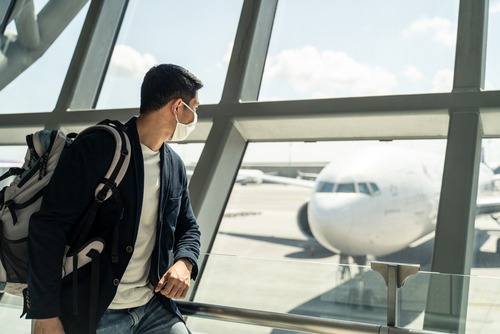
According to the International Air Transport Association (IATA), the recovery in air travel decelerated in August, due to government action in response to concerns over the COVID-19 Delta variant.
When comparing domestic travel numbers in August 2021 to air travel numbers in August 2019, when domestic travel demand was normal, IATA said, air travel demand fell sharply.
“August results reflect the impact of concerns over the Delta variant on domestic travel, even as international travel continued on a snail’s pace toward a full recovery that cannot happen until governments restore the freedom to travel,” Willie Walsh, IATA’s Director General, said. “In that regard, the recent US announcement to lift travel restrictions from early November on fully vaccinated travelers is very good news and will bring certainty to a key market. But challenges remain, September bookings indicate a deterioration in international recovery. That’s bad news heading into the traditionally slower fourth quarter.”
Total demand for air travel in August 2021 fell 56 percent compared to August 2019, a slowdown from July 2021 when demand was 53 percent below 2019 levels in the same month. Domestic markets were down 32.2 percent compared to August 2019 levels, a major decline from the previous month, when traffic was only down 16.1 percent. Only India and Russia showed a month-to-month improvement when compared to July 2021.
In international travel, passenger demand in August was 68.8 percent below August 2019, which was an improvement over the 73.1 percent decline for July 2021. All regions showed some improvement, the organization said, which it attributed to growing vaccination rates and less stringent international travel restrictions in some regions.
“The rapid slowdown in the domestic traffic recovery in August, owing to a spike in the Delta variant shows how exposed air travel continues to be to the cycles of COVID-19,” Walsh said. “For governments that should send two messages. The first is that this is not the time to step away from continuing support of the industry, both financial and regulatory. The second is the need to apply a risk-based approach to managing borders — as passengers are already doing in making their travel decisions.”